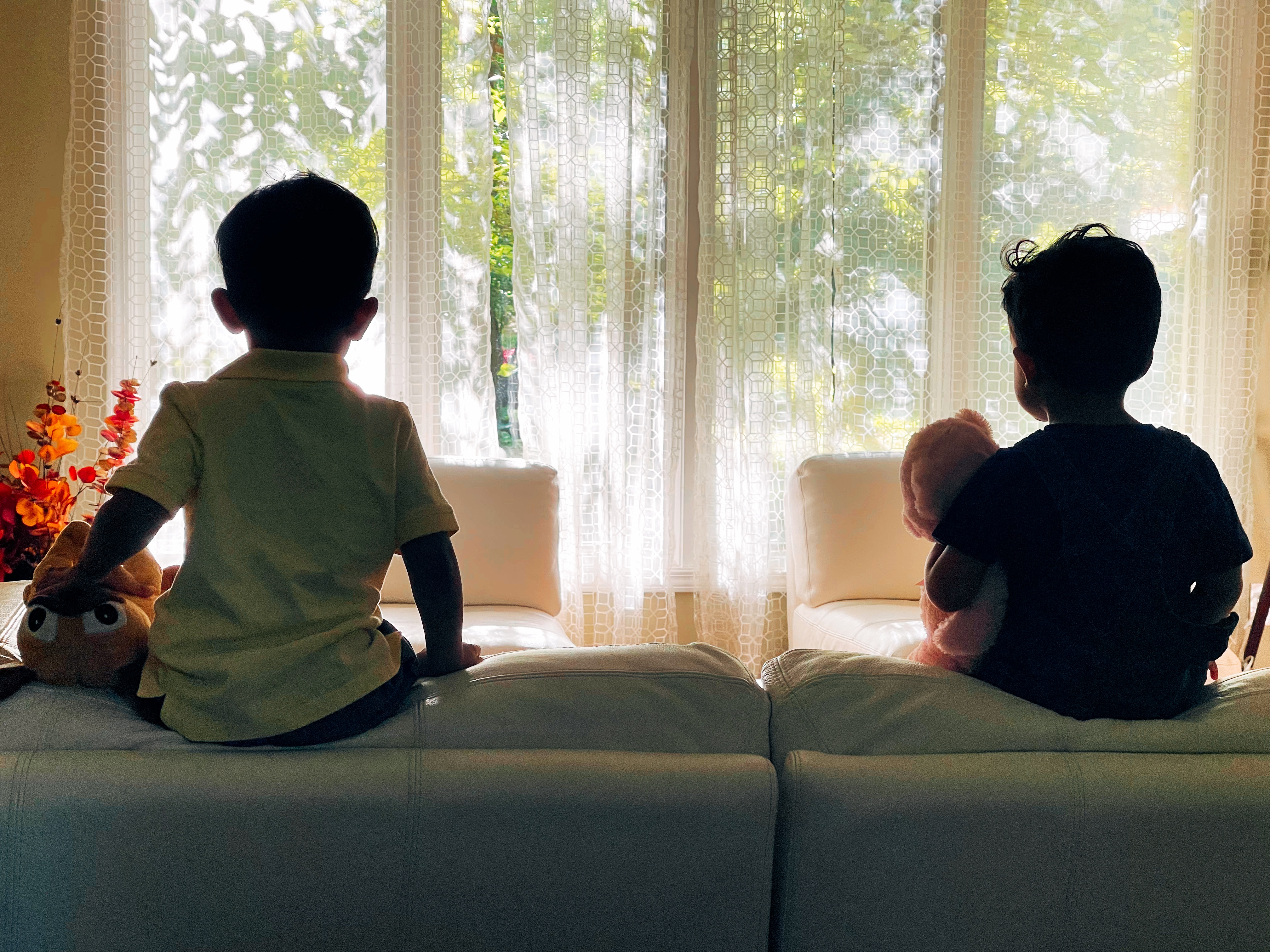
Do you have chatty kids? I have a few at home and trust me, they chat a lot when they do. I would love to listen to their stories and all they have to say, but at times I just don’t feel like it. I’m either busy doing something and do not wish to be disturbed or just exhausted from a long day. Sometimes I just do not want to listen, not because I don’t care, but because after spending all day with three little ones, all you want is quiet.
No matter how I feel, I’m writing this for myself and every other parent out there who is talked out; I still need to listen. And here is why.
Teach them to be good listeners by being a good listener
We are so triggered when our kids do not listen to us. It shows a lack of care, disrespect, disobedience, and so many unspoken messages that no one intends when they do not listen. If we give our full attention when our child wants to speak, it teaches them that we care enough for what they have to say and hope that they will learn to do the same in return. It is an indirect way of teaching them to be good listeners.
Make memories that matter
When you are not willing to listen to your child, they feel ignored and unheard. Their craziest stories matter, and sometimes it may just be what we need to hear to make our day brighter. My 7-year-old constantly talks about past memories of things that mattered enough for her to repeat over and over again. If her stories are of the past, then me not listening can quickly become a memory of hers too. In other words, you are making memories with your child when you pause in your day to listen to them.
Build deep relationships
It is not enough to just listen but to actively listen. Ask questions and probe some more into what they are sharing. They will feel a connection to you and start to open up a lot more. This establishes a deep relationship essential as they grow older and a safe place to talk about deeper issues they may face in life.
The benefits are immeasurable, but this does not mean that you can’t have boundaries. For example, if you are kid’s stories are a distraction at the dinner table, then ask him or her to hold off for a better time. If you are in the middle of a conversation, you can explain that you will listen to them once you are done. When your kid has to focus on a task, such as completing homework or tidying up, they should finish up and then share their thoughts. These are fair expectations, and communicating them to your child is essential to avoid the feeling of dismissal.
Take the time to listen today and share your stories here. I’d love to hear them.


